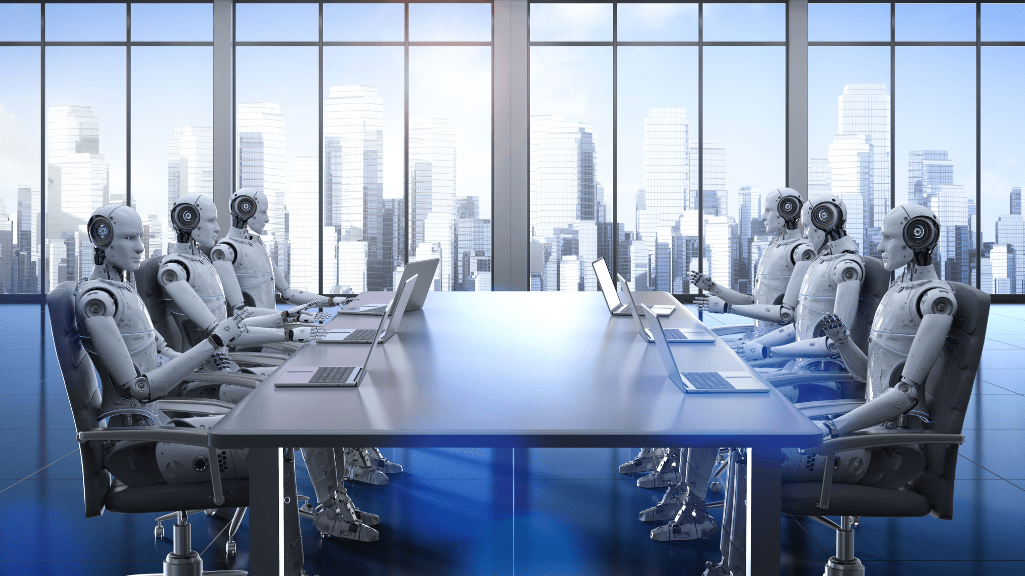Artificial Intelligence (AI) undoubtedly brings a multitude of advantages to the workplace, but it also presents several challenges, particularly for employees. Here’s a breakdown of the likely challenges AI will pose to employees in various areas:
1. Productivity:
– Advantages: AI can enhance productivity by automating repetitive tasks, enabling employees to focus on more creative and strategic endeavors. It can also provide personalized recommendations and insights to improve workflow efficiency.
– Challenges: Employees may face challenges in adapting to new AI-driven tools and workflows. Training and upskilling may be necessary to fully leverage AI technologies, which can initially slow down productivity as employees adjust to new systems.
2. Job Loss:
– Advantages: AI-driven automation can eliminate mundane and repetitive tasks, freeing up employees to engage in more meaningful work. It can also create new job opportunities in AI development, maintenance, and oversight.
– Challenges: Certain roles may become obsolete due to automation, leading to job displacement for some employees. Reskilling and transitioning into new roles may be difficult for those whose jobs are impacted by AI-driven automation.
3. Automation:
– Advantages: AI-powered automation streamlines processes, reduces errors, and speeds up tasks that would otherwise require significant time and resources. This can lead to cost savings and improved efficiency.
– Challenges: Employees in roles susceptible to automation may experience uncertainty about the future of their jobs. Additionally, AI-driven automation can sometimes lead to dependency issues, where employees struggle to perform tasks manually if the AI system fails or malfunctions.
4. Performance Appraisal:
– Advantages: AI can provide more objective and data-driven performance evaluations by analyzing a wide range of metrics and factors. This can lead to fairer and more accurate assessments.
– Challenges: Employees may feel apprehensive about being evaluated by AI systems, fearing biases or inaccuracies in the evaluation process. There may also be concerns about privacy and data security when AI is used to collect and analyze employee performance data.
Overall, while AI offers numerous benefits in terms of productivity, efficiency, and objectivity, it also poses challenges related to job displacement, skill requirements, and employee well-being. Effectively navigating these challenges requires proactive measures such as investing in employee training and development, fostering a culture of adaptation and innovation, and implementing ethical AI practices to ensure fair and transparent use of AI technologies in the workplace.




